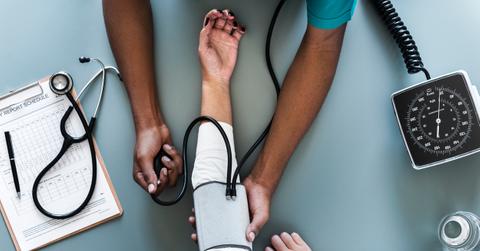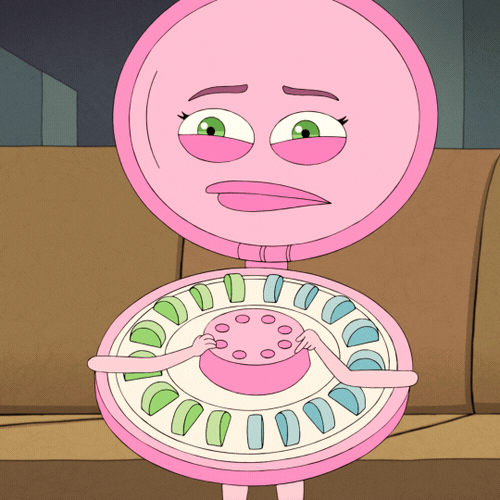5 Ways To Access Reproductive Health Care

From societal pressures that stop us from making informed decisions to the ability to afford services to the limit of physical access to reproductive care centers, women are often barred from making decisions they feel most comfortable with. From corner pharmacies to college campuses to abortion clinics, there are places that women can access health care without the hassle of traveling a far distance.
For that reason, here are five ways to access sexual reproductive health care, including but not limited to pap smears, abortion, birth control, STD testing, UTI care, and many other services critical to women’s reproductive health care.
Planned Parenthood
Whether online, or in person, Planned Parenthood Federation of America makes it a point to be open to anyone, regardless of income, gender identity, immigration status, disabilities, etc.
There are 650 Planned Parenthood health centers around United States, including Alaska and Hawaii, despite the misconception that Planned Parenthoods are closing at increasingly high rates. Planned Parenthood operates in every state.
In fact, Planned Parenthood even offers online appointment scheduling, virtual prescriptions refill, and virtual video visits with a provider along with handling questions about health insurance and state-funded aid.

National Abortion Federation Provider Locator
If you are in need of an abortion, try to locate a provider through the National Abortion Federation Provider Locator online. It is unconstitutional to deny someone an abortion, “A person has the right to end a pregnancy without undue interference from the government because that right to liberty includes (1) the right to make decisions about family and (2) the right to bodily integrity.”
The provider maps on NAF’s website allow you to highlight clinics in your area while the NAF Hotline referral line (1-877-257-0012) provides referrals to member clinics in the U.S. and Canada.
The National Abortion Fund also provides a checklist to ensure you are choosing the abortion center that best suits you. Review their list before selecting a center as places like “crisis pregnancy centers” try to dissuade women, especially women of color, out of abortions.
The Haven Coalition
If you live in a state where sexual reproductive health laws make it nearly impossible to access an abortion, a non-profit, The Haven Coalition, is dedicated to supporting people traveling to New York City for abortions.
The Haven Coalition volunteers provide a safe place to sleep between appointments, dinner, and an escort to and from the clinic. Volunteers also escort local residents home after receiving anesthesia an abortion appointment.
If you cannot locate a reliable abortion provider near you, try to get in touch with The Haven Coalition by calling 917-371-2035 or emailing havencoalition@gmail.com.
Health Care Centers on College Campuses
You can access sexual reproductive health care at your local university.
One of my earliest memories of accessing reproductive health care was as a college student. My school had an on-campus health center. At the time, the walk to the health center felt like a public display of my sexual encounters. I soon learned to debunk such myths. As a frequent client, I came to realize that local residents without access to health care utilized my school health centers. The next major city was an hour drive, therefore, my college provided a more convenient way for community members to maintain their health.
If you have a college within your community, consider stopping by their health center to schedule an appointment.
ZocDoc
Lastly, you can find a regular OB/GYN doctor through the app, ZocDoc, if you have insurance. Enter your location, insurance information, and a date directly in the app. On the app, you can even read reviews to get an inside on how the doctor has treated previous patients.

Understanding that my health comes before any other aspect of my dreams is something that helps me reach new levels physically, mentally, and spiritually. We are better off when we understand we deserve reproductive health care; taking care of ourselves is not a luxury, but a necessity. For me, this included accepting the fact that I am a sexual woman and taking care of my sexual reproductive health is my responsibility.
In my journey to reclaim my body and health, I learned important information about accessing sexual reproductive health care is available. I find it critical to share it and empower women and non-binary people of color to make decisions they feel benefit them the most.





